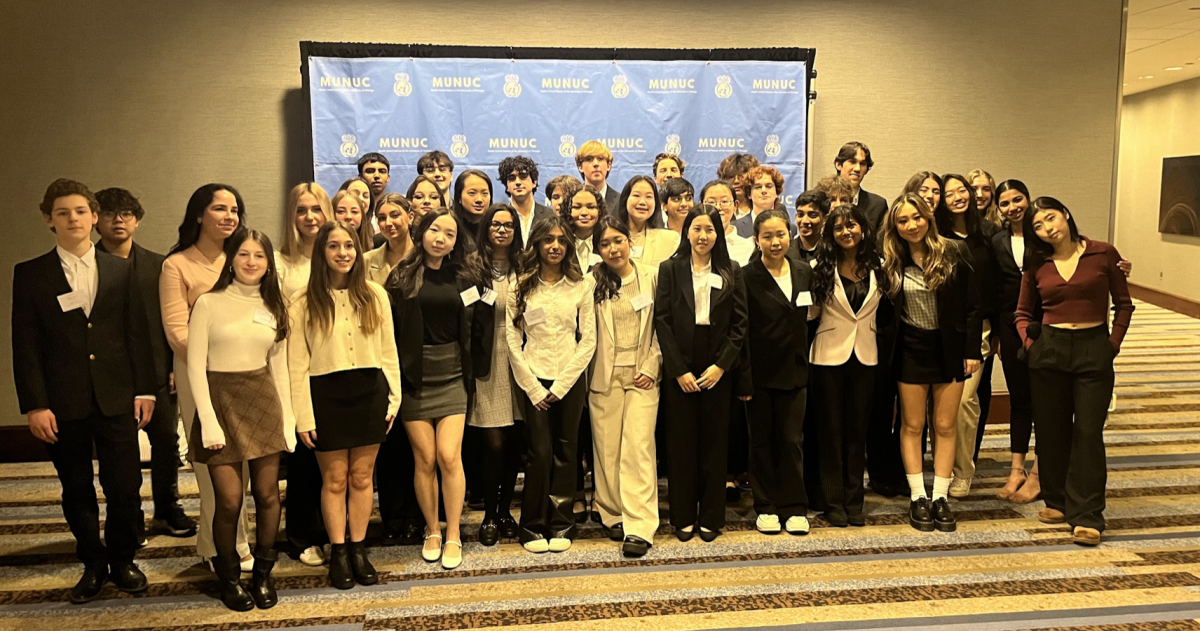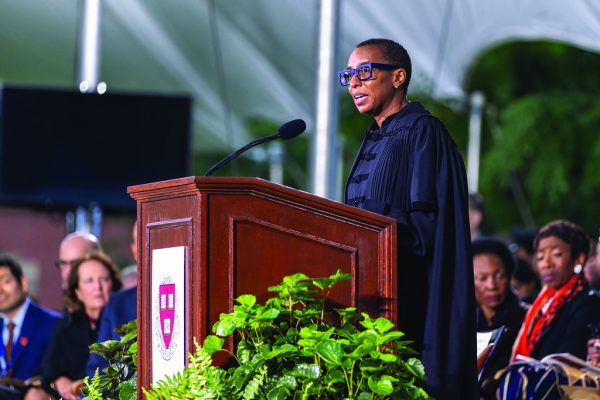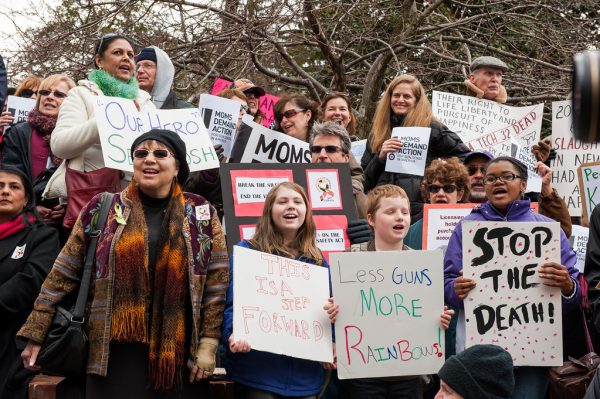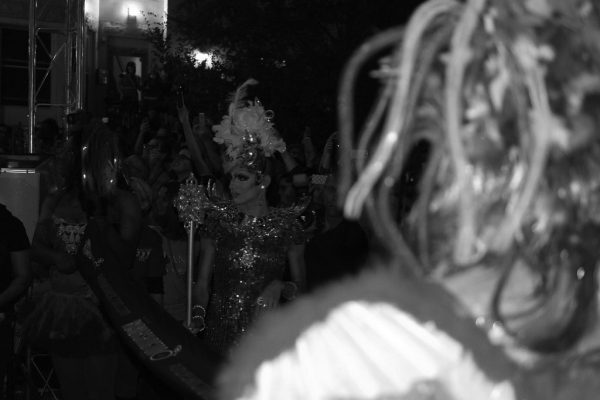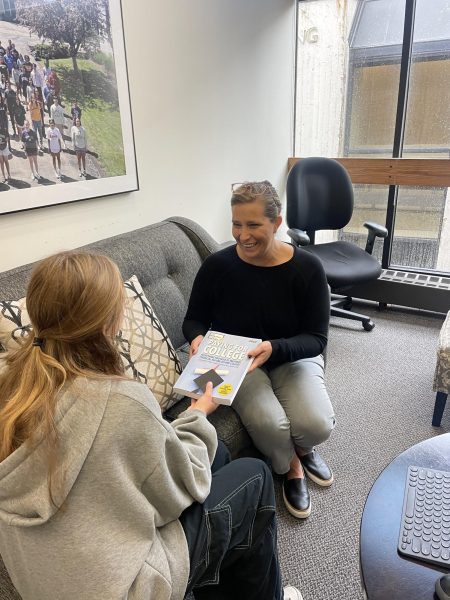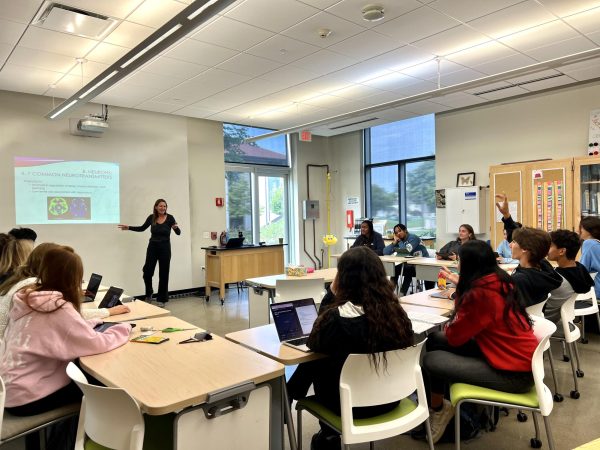The LFA Ramadan Experience
May 27, 2022
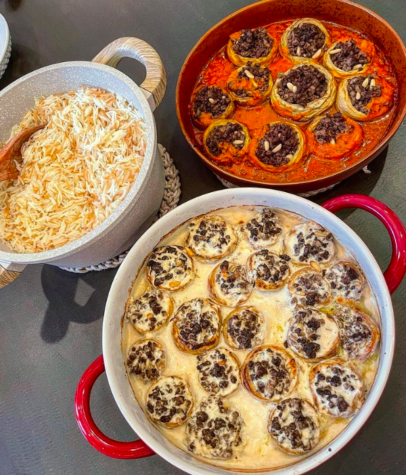
Ramadan, the ninth month of the Islamic calendar, is a month of fasting, prayer, abstinence, and community. This year’s Ramadan began on April 1 and ended on May 1st. Ramadan ends with an Eid Al-Fitr celebration. Ramadan celebrates the time of year when the Holy Book, Quran, was revealed to the Prophet Muhammad (pbuh). The month is also about “trying to abstain from bad habits” and “emphasizing kindness” Alan Nigmetullin ’23 adds. For Mazin Awada ’23, Ramadan represents “cleansing yourself and improving yourself.”
Nancy Nassr, Assistant Head of School and a practicing Muslim, explained the goals of fasting, saying that, “ (the goal)…is not hunger or thirst. The goal of Ramadan is to achieve a more elevated self by limiting our indulgences and focusing on the refinement of our character…We believe that the inner work of purifying one’s heart and focusing on actions that are congruent with well-placed intentions, removed from vice, is the goal for every Muslim to gain nearness to God.”
Typically, those fasting begin their mornings with a suhoor meal around 4 AM before the sun rises to eat. For Awada, an average suhoor meal is “leftovers or something quick to make because you’re waking up and almost falling asleep when you’re getting to the table.”
Fasting is broken around 8 PM when the sun sets in a meal called iftar which is meant to be shared with family

and community. Traditionally, this meal begins with dates in representation of how the messenger of Allah would break his fast with ripe dates before he would pray. In addition, the dates help to level out blood sugar to prevent fainting episodes. According to Awada, “each meal is supposed to be like a feast.” However, this practice can be difficult to honor when fasting boarding students are separated by dorms or conflicting schedules. As a result, most boarding students break their fast alone.. On occasion, Nassar has offered up her home for the iftar meal, so boarding students can experience the tradition in a more united manner.
Lake Forest Academy’s Muslim Student Union was re-started last year. One of the re-founding members, Ariana Rashid, shared her motivation behind doing so, saying, “I’d been doing research for an AP World paper on the concentration of Uyghur Muslims in China and realized there wasn’t a lot of positive representation of Muslims at the school. I knew there were other Muslims, but I didn’t feel very connected to them and not a lot of people knew I was even Muslim. I also wanted to make a space for future classes to stay connected and have a deeper sense of community.”
The newly formed MSU focused on implementing a food system that allowed fasting boarding students to collect food before sundown as the Student Union Cafeteria is closed at 8pm. This year, Erin English, the Muslim Student Union Advisor, sent out a Google Form weekly with meal options that would be packaged and set in the Student Union for fasting students to pick up at the end of dinner.
Nassr covered her goals of a more accommodating cafeteria schedule, saying, “I have talked about potentially keeping the dining hall open in the future so that fasting students are able to eat a hot meal.”

In conjunction with the Ramadan focus on service, the Muslim Student Union held a fundraiser a day before Multicultural Day selling Mediterranean food such falafel wraps and baklava in order to aid Afghan refugees.
Numerous LFA students have to balance the challenge of fasting while still participating in athletics and academics. Awada shared that sports can be “a little tough.” Yaseen Primus ‘24 shared his contrasting perspective on his athletic experience saying, “I lost a lot of weight, like ten pounds, but it was mostly water weight to be honest… I actually felt a lot more athletic while I was fasting… the only thing I was really worried about during practice or meets was hydration cause I couldn’t drink any water.”
As a student Yaseen explained what days he found most challenging, saying, “…Actually, the days I’m most active are the easiest, I’m busy enough to distract myself…for me the weekends are the worst because I spend so much time sitting and doing nothing it’s hard not to think about food.”
Fortunately, the coaching staff are lenient when it comes to practice. Primus explained that they are accepting when he needs to take a break, saying, “I usually just have to come and do the warm up, and a little part of the practice and if I wanted to leave after that I could.”
Nassr explained why this support is so important and appreciated, saying, “for many people who don’t know much about Islam or have not had a Muslim colleague, it is hard to conceptualize what Ramadan is like for a practicing Muslim. During the month, our sleep and eating schedules are dramatically different…I have appreciated the individuals that have asked questions in order to learn. I welcome questions as there are many misconceptions and misinformation about Islam and Muslims that dominate our media. I would rather have someone ask me a question than assuming something about me, or what I believe, that is likely erroneous.”
Despite the difficulties of the season, Nigmetullin ‘23 notes that Ramadan is “not a month of punishment” and that he “looks forward to Ramadan.”




